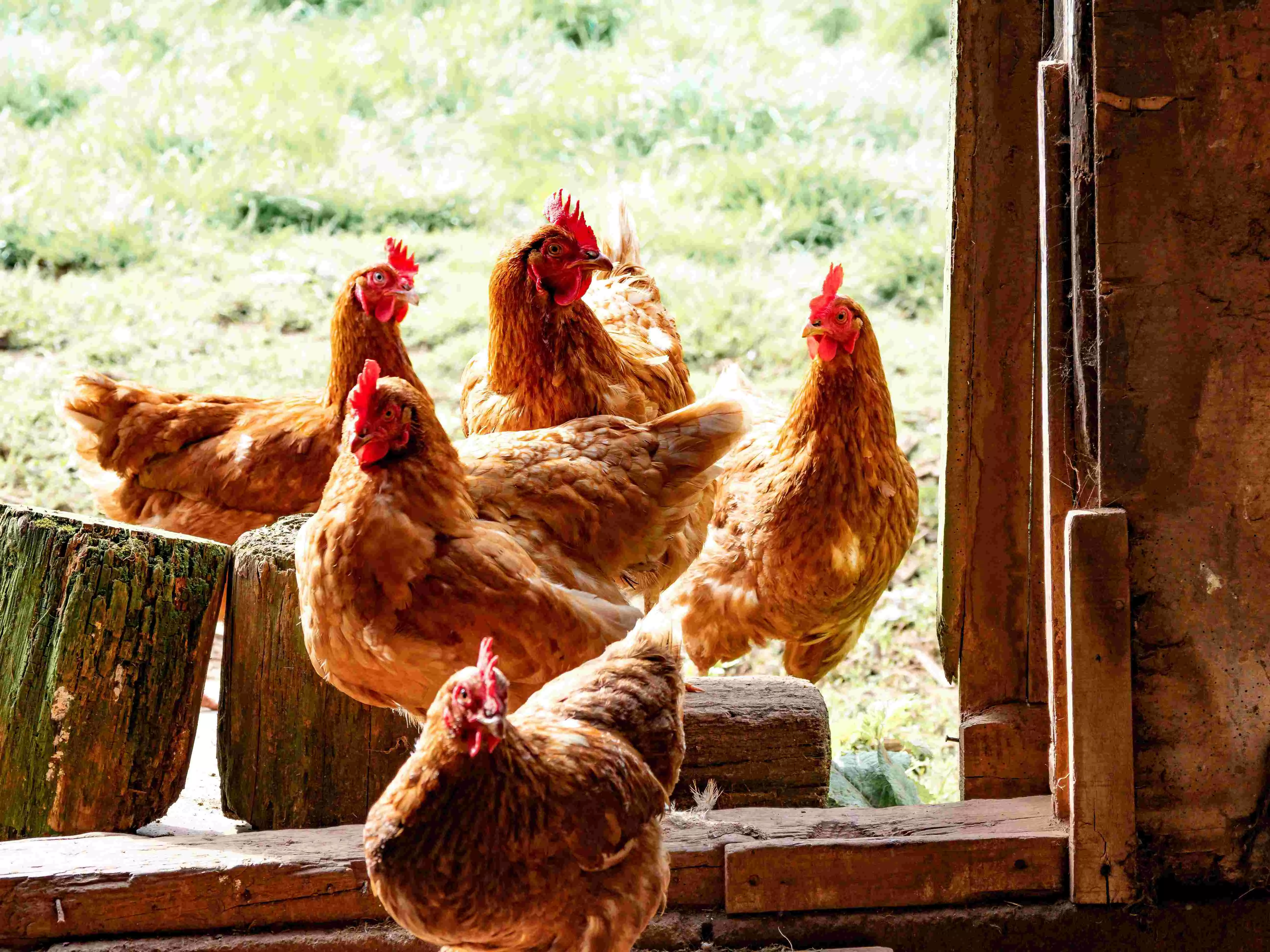Striking a delicate balance

On the sidelines of the recent G20 Summit, India and the United States reached a milestone by resolving their decade-long conflict over poultry product imports. This momentous decision represents a significant shift in India's stance, as it has chosen to abandon its longstanding practice of imposing import restrictions on poultry products from the USA. This issue dates back to 2001 when India amended the Livestock Importation Act of 1898 to institute recurrent curbs on poultry imports, citing concerns about avian influenza, commonly known as bird flu. As the restrictions intensified around 2011, the United States initiated consultations with India and subsequently brought the matter before the World Trade Organisation (WTO) for dispute resolution. In 2014, the WTO's Dispute Settlement Board issued a report that overwhelmingly favoured the United States. The panel found that India's trade measures lacked a basis in international standards, scientific risk assessments, and transparency. It deemed India's actions arbitrary, unjustified, discriminatory, and lacking proper notification to other member countries. Even India's counter-appeal proved unsuccessful as the WTO appellate body upheld the initial report. With compliance becoming the only viable option for India, disputes continued to simmer between the two nations regarding the nature and extent of compliance over the years. Now, the recent Indo-US deal on poultry imports, struck during the G20 Summit, has stirred up controversy, particularly among Indian farmer groups. The Poultry Federation of India has even announced its intention to take the matter to the Supreme Court. The concerns raised by Indian farmers are multifaceted and deserve careful consideration. Firstly, they fear that the deal might open the floodgates for chicken legs and liver, which are less popular in the United States, to be dumped in the Indian market, potentially affecting local poultry producers. This apprehension underscores the importance of maintaining a level playing field and safeguarding the interests of Indian farmers. Another issue at the heart of the dispute pertains to the use of meat and bone meal poultry feed made from beef and pork, a common practice in the US. However, this practice could ignite sensitive debates in a religiously diverse country like India, where dietary preferences and cultural sensitivities often intersect with other walks of life. It is crucial for the government to address these concerns transparently and engage in meaningful dialogue to mitigate potential conflicts. Perhaps the most significant concern among Indian farmers is the fear that the poultry import deal could disproportionately benefit American producers at the expense of Indian farmers' incomes and revenue. The livelihoods of countless Indian families are intertwined with poultry farming, making this a critical issue that demands thorough scrutiny and effective safeguards. In an increasingly globalised world, the lifting of trade restrictions may seem inevitable, but it is essential to acknowledge the unique challenges faced by India's agriculture sector. With technology standards in agriculture lagging behind in India, there is a need for a nuanced and cautious approach to ensure that the benefits of international trade do not come at the cost of domestic livelihoods. The government must prioritise the interests of Indian farmers and ensure that the trade deal does not lead to unfair competition or an influx of products that could harm the domestic poultry industry. Transparent communication and an open dialogue with all stakeholders, including farmer groups, are imperative to address these concerns effectively. The resolution of the long-standing poultry import dispute between India and the United States marks a significant milestone in their bilateral relations. However, the concerns raised by Indian farmers should not be dismissed lightly. It is essential to strike a balance between trade interests and the well-being of the domestic agriculture sector. The government must proceed with caution, prioritising the interests of Indian farmers and ensuring that the poultry import deal benefits all stakeholders in a fair and equitable manner. Only through transparent communication and inclusive decision-making can India navigate this complex issue.



